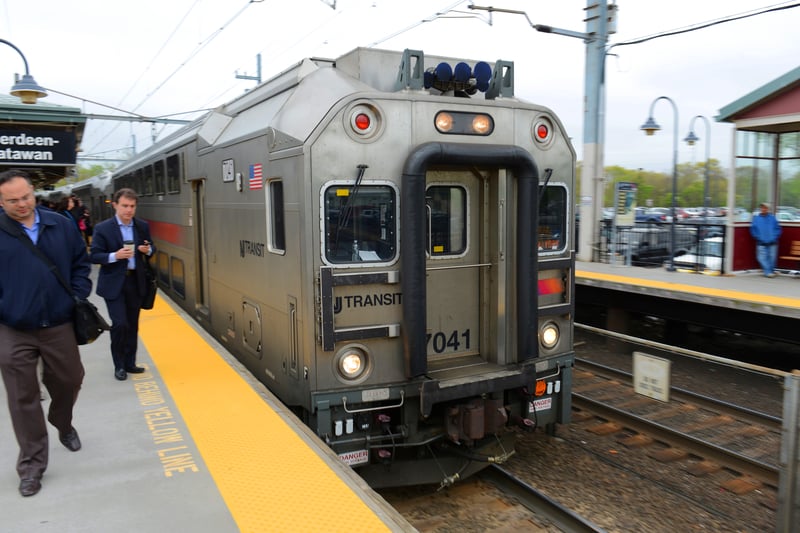TRENTON, NJ – Public transportation is supposed to be a convenient and efficient means of commuting, but for many New Jersey Transit riders, the experience is anything but. Passengers frequently complain about dirty conditions: windows so smudged you can hardly see out of, trash littering the carriages, sticky floors, and an almost indescribable odor that fills the air.
The cleanliness of public transportation is crucial, not just for the comfort of passengers but also for public health. Sanitation is a factor that transit agencies should prioritize. Given that New Jersey Transit serves as a primary mode of transport for many residents and even visitors, the current state of sanitation—or lack thereof—is alarming.
In 2022, New Jersey Transit allocated $8 million to replace railcar windows, a move that should have improved the conditions inside the carriages. However, this investment doesn’t appear to have made a significant impact yet. While passengers commonly blame grime and dirt for the clouded windows, the problem is more complex.
According to agency spokesman Jim Smith, the real issue lies in the type of window material. New Jersey Transit uses a polycarbonate glazing on its windows, which clouds over time when exposed to factors like ultraviolet rays and heat. This material is required to meet Federal Railroad Administration standards, particularly concerning its ability to withstand impacts from projectiles or in the case of a derailment.
Smith revealed that the agency has experimented with various methods to restore the windows but has yet to find a successful solution. As a result, the decision has been made to replace the windows on its 429 Bombardier bilevels, built between 2006 and 2013, at a cost of $8 million plus labor.
“We are aware of how important this is to the quality of our customers’ rail commute,” Smith said. “We are working expeditiously to establish the most efficient replacement program and schedule, so work can begin as soon as possible.”
While dirty windows may be an eyesore, they are just a symptom of a larger issue surrounding the cleanliness and maintenance of New Jersey Transit trains. Addressing the sticky floors, accumulated trash, and pervasive smell requires a holistic approach to sanitation and maintenance—one that goes beyond the replacement of windows.
Years ago, it was said the trains absorb the smell of the surrounding areas where they are stored. That could be, as in 2015, a nearby mulch farm, north Jersey factories or other nearby locations that cause the unmistakable odors.
